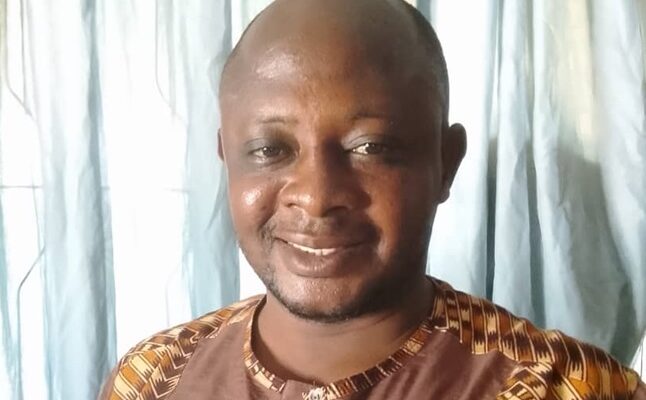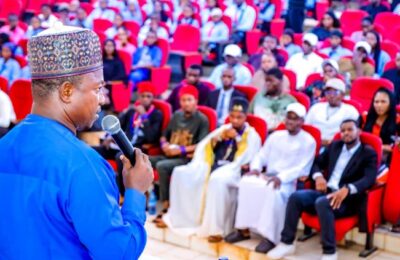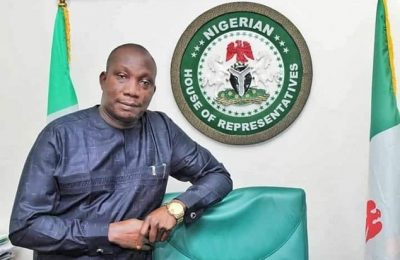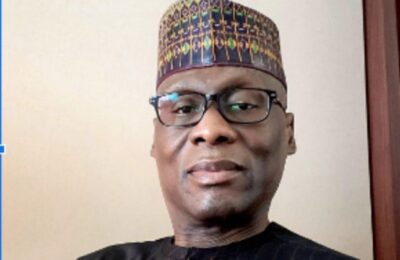The silence of Igala women in Kogi East politics is no longer golden—it is a deafening void. As Nigeria celebrates the rise of female political powerhouses like Ngozi Okonjo-Iweala and Natasha Akpoti-Uduaghan, the haunting question remains: where are the lionesses of Igalaland? Natasha, from Egbira land, did not possess two heads—she simply had vision, courage, and backing. If she could pierce through a male-dominated political system, what then is the excuse for the glaring absence of Igala women?
“Our women are not biologically disqualified from leadership; they are systematically discouraged,” argues Professor Isaac Omale, a political sociologist. Professor P. E. Okwoli complements this view: “The political machinery in Igala land is not built to accommodate the feminine voice—it is a flawed system that rewrites history against our own women.” Their words echo a larger national paradox. Across Nigeria, women like Dora Akunyili, Amina Mohammed, and Oby Ezekwesili have reshaped governance. Yet in the nine local government areas of Kogi East, not one has a democratically elected female chairperson. The Kogi State House of Assembly remains void of an Igala female representative. Clearly, this is not a capability crisis—it is a credibility crisis perpetuated by cultural bias.
Within our communities, women who dare to participate in politics are stigmatised—called promiscuous, home-breakers, or even forced into divorce. These are not just insults; they are tactical acts of emotional terrorism meant to silence half of our population. Meanwhile, men who fail in leadership continue to be excused and re-elected. This dual standard corrodes democracy at its root. It is time we confront this ideological injustice, not just for equity but for survival. Historically, Igala society did not sideline its women. The Inachalo priestesses, powerful spiritual and civic leaders, once stood at the heart of communal decisions. It is the modern political clergy and cultural gatekeepers who have weaponized religion and philosophy to relegate our women. Yet the same scriptures they twist reveal otherwise—Jesus chose a woman as the first witness of His resurrection; Khadijah, the Prophet’s wife, was his backbone. Truth does not fear scrutiny, nor does divine order fear equality.
Among our people, many women still carry torches lit by legends like Dr. Stephen Achema and Prince Abubakar Audu. They sing their praises, quote their speeches, and await their return to restore justice. But legacy is not reincarnation. It is continuity. Women with such loyalty must now redirect that fire toward forging a future they control. The baton has been passed—not to wait, but to act. Legacy demands successors, not spectators. The 2027 elections offer a rare window. It is time for Igala women to stop waiting for permission and start claiming their portion. Let them not only support male candidates, but also become candidates—strong, smart, and self-assured.
Hajia Bewa is one such example. In 2019, she broke political silence and ran for office—courageously contesting in a terrain riddled with misogyny. Though she didn’t win, she changed the narrative. Today, she holds a strategic office in the Kogi State government, continuing to advocate for inclusive policies. Her story is not an outlier but a blueprint. “The womb that bore a king can birth a governor,” said Ajuma Idoko, a rising political activist. Representation matters—not just to fill a seat, but to rewrite what leadership looks like for the next generation.
The lionesses of Igala are not extinct—they are simply unheard. Let them into political rallies, not as dancers but as contenders. Let them into campaign halls, not as appendages but as architects. Their voices are not only valid—they are vital. If we are to redeem the political destiny of Igalaland, we must awaken the sleeping half of our strength. There is no future in silence. The time to roar is now.
Let it be known: the political liberation of Igalaland will not come from the same hands that buried its potential. It will rise when our mothers, daughters, and sisters take back the narrative, claim the ballot, and redefine governance. Let the lionesses in—not as relics of tradition, but as heralds of a bold and inclusive tomorrow. The future is not just female—it is fierce, fearless, and fully Igala.
– Inah Boniface Ocholi writes from Ayah – Igalamela/Odolu LGA, Kogi state.
08152094428 (SMS Only)




